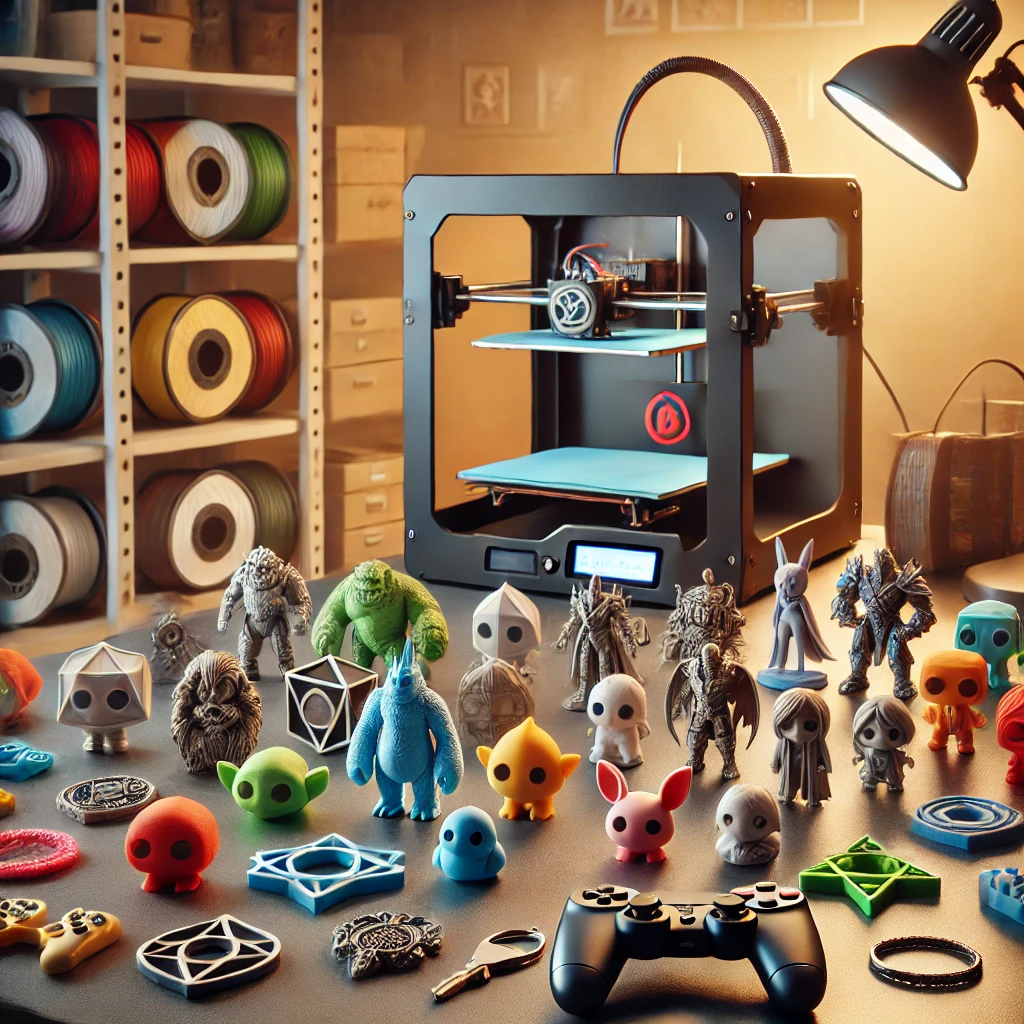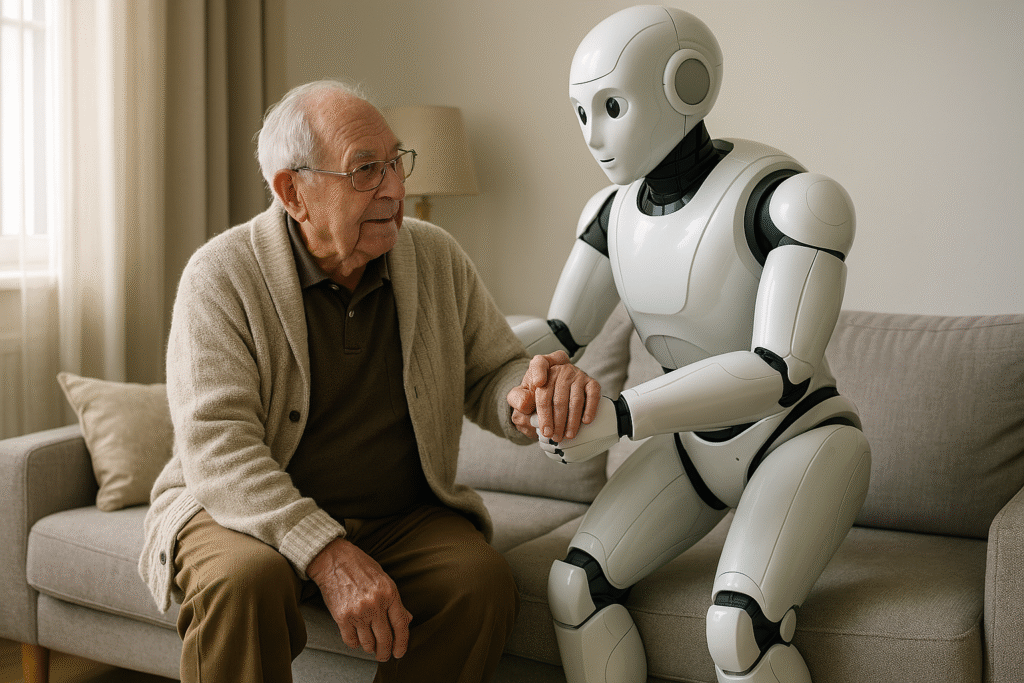The Future of Artificial Intelligence: How AI Will Transform Our Daily Lives
Artificial Intelligence (AI) is already part of our lives, often without us noticing. It is present in transport apps, social media filters, movie suggestions, and even shopping recommendations. But what can we expect in the coming years? What will AI’s future in our daily lives look like? In this article, we will explore the main trends and how technology promises to simplify, personalize, and transform our routines.
What is Artificial Intelligence Applied to Everyday Life?
When we talk about AI in everyday life, we are not just referring to futuristic robots. In practice, AI is any system that can learn, interpret data, and make intelligent decisions. This already happens with:
- Virtual assistants (Alexa, Google Assistant, Siri)
- Content recommendation (Netflix, Spotify, YouTube)
- Automatic translations
- Customer service via chatbots
- Facial, voice, or image recognition
The accelerated advancement of AI goes beyond movie recommendations or voice commands. It will increasingly adapt to individual behaviors, preferences, and needs.
Foto de Kindel Media no Pexels
AI Trends That Will Change Everyday Life
1. Even Smarter Assistants
Virtual assistants will become more conversational, proactive, and integrated with other devices. Imagine asking your assistant:
“Wake me up at 7 a.m., check the weather, and schedule my workout if it doesn’t rain.”
And it will do everything naturally and personalized.
This is an advancement of what many already do today, creating automated actions where a virtual assistant wakes you up announcing the day, time, weather forecast, and reading your schedule — but now it will adapt to user subtleties and further personalize these automations.
2. Real Home Automation
Smart homes will become even more accessible and integrated with AI, controlling lights, temperature, appliances, and security autonomously and personally.
3. AI-Monitored Healthcare
Watches, wristbands, and even sensors embedded in clothing will analyze vital signs, sleep quality, and daily habits, helping to prevent diseases and promote well-being. They will even be able to start a conversation with you to inform you of any health signal changes — not just as a simple notification on your phone screen, which is often easily ignored, but as a friend who notices something different and alerts you, so you can take better care of yourself.
Foto de Torsten Dettlaff
4. Personalized Education and Learning
AI will be able to offer study plans tailored to each person’s learning style, assisting students, teachers, and professionals in corporate training.
In fact, this is already quite present today, as it is now possible to ask AI to correct and analyze your answers, including mathematical calculations, and even suggest better solution approaches.
5. Companionship and Emotional Care
Social robots and AI assistants will be able to hold natural conversations, provide emotional support, and even help people who live alone, especially the elderly.
This will be an evolution of what we already do with Google today. Instead of searching through multiple articles for health advice, for example, AI will be able to bring this information in an optimized and objective way to truly help you.
Positive Impacts of AI on Daily Life
- More free time thanks to task automation
- Better quality of life through health monitoring
- Continuous and personalized learning and education
- Digital inclusion and accessibility
Foto de Kindel Mediaa
And What About the Challenges?
Despite all these opportunities, it’s important to remember that AI also raises discussions about privacy, data security, technological dependence, and the impact on the job market. The key will be to find a healthy balance between technology and well-being.
Just like every other technological evolution that came before, it is natural for there to be resistance and questions. However, it is part of human nature to adapt, and as technology becomes better known and simplified, society’s adaptability will increase as well.
Conclusion
The future of artificial intelligence has already begun and promises to make our daily lives more efficient, healthier, and more connected. If used ethically and responsibly, AI will be a powerful ally, improving both household routines and personal and professional well-being.
And you? Have you imagined how AI could help you in the coming years?
Did you like this content?
Share it with someone who loves technology and comment: how do you imagine the future with AI?





